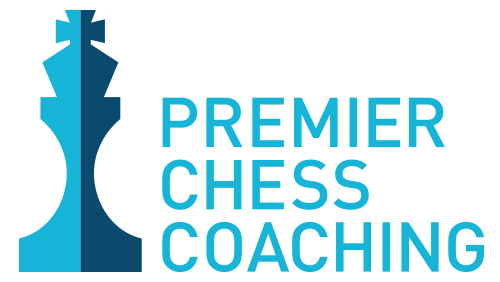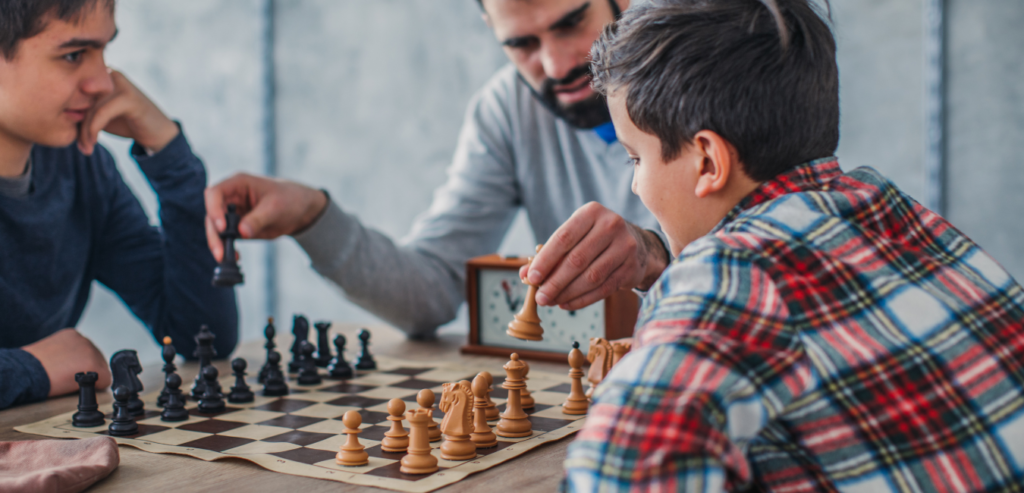Chess is a complicated game, and it takes many years to master. As a beginner, it’s important not to worry about mastering it, but rather focus on honing a few key skills. We’ve isolated a few important chess tips that we believe will give you the greatest improvement over the first leg of the chess journey.
Chess Tip 1: Start Keeping Score
Chess isn’t a score based game, but that doesn’t mean you can’t keep score! Internalizing the relative value of the pieces on the board is huge. At first, it won’t be clear which pieces are better than others, and by how much, and that’s OK! Keep this chart visible while playing games until these values are intuitive.
Pawns = 1
Knights and Bishops = 3
Rooks = 5
Queens = 9
Chess Tip 2: Learn From Your Mistakes
Chess is largely about being cautious. You want to consider all of your opponents responses to your next move before you make it. This is much easier said than done. Do your best to make the right decision, but understand that there will be times (many times!) where you just miss something. Don’t let these moments slip by without learning from them.
We recommend keeping a notepad so you can jot down key moments in a game, whether great successes or blunders. Keeping a quick log of your game moments will help you evaluate your game after, and will keep you actively learning from your games. You’ll be less likely to make the same mistake again, and more likely to remember the key strategies that worked for you.
Chess Tip 3: Give All Your Pieces A Job
In chess, we all start with the exact same pieces. A level playing field. If you decide you’re not quite a fan of the rook, and decide not to utilize them, you’re giving your opponent an advantage they haven’t earned. You want to make sure you are using all your pieces, even if you’re not quite sure how to. In chess we call his activating your pieces.
The more active pieces you have, the more opinions you have, the more pressure you exert on your opponent, and the more fun you’ll have. If you notice a piece lingering in it’s starting square for too long, add it to the fray and see what happens! Learning to play with each and every piece is something every chess player has to tackle.
If you need some extra advice, or would like to join a fun beginners group lesson, contact us here! We have some of the most dedicated and skilled chess teachers in the London area, and we’d love to have you.


